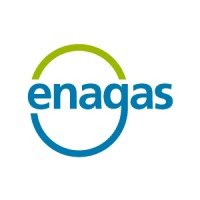Germany adopts draft of the Hydrogen Network Fee Ordinance
The regulations are aimed at the operators of hydrogen networks, and there are no obligations for the citizens.

The German Federal Government today (22nd September) has adopted the Federal Minister for Economic Affairs and Energy draft ordinance on the costs and fees for access to hydrogen networks (Hydrogen Network Fee Ordinance ).
Hydrogen will play a key role in achieving carbon neutrality by 2045 due to its wide-ranging applications. However, this would require a rapid increase in production and expansion in applications over the next few years. Thus, the ordinance is an important segment in implementing the Federal Government’s National Hydrogen Strategy.
A clear regulatory framework ought to be flexible and reliable enough to provide investors with the necessary planning security. The ordinance creates a reliable basis for calculating the network costs that are financed by operating hydrogen networks via network charges. Such reliability is vital from both a regulatory aspect and from the funding applications perspective.
The ordinance completes the entry regulation for hydrogen networks, created this year with the “Law for the Implementation of Union Law Requirements and the Regulation of Pure Hydrogen Networks in Energy Industry Law”.
The Hydrogen Network Fee Ordinance makes statements on the determination of the so-called allowable network costs, though it still leaves the operators of hydrogen networks leeway in how they structure the fees and the conditions for access to their networks.
The ordinance applies to those operators of hydrogen networks who actively and irrevocably decide to participate in the regulation of hydrogen network operation, while others are still free to determine the costs of network operation and the network charges.
The ordinance will now be forwarded to the Federal Council for the decision.
